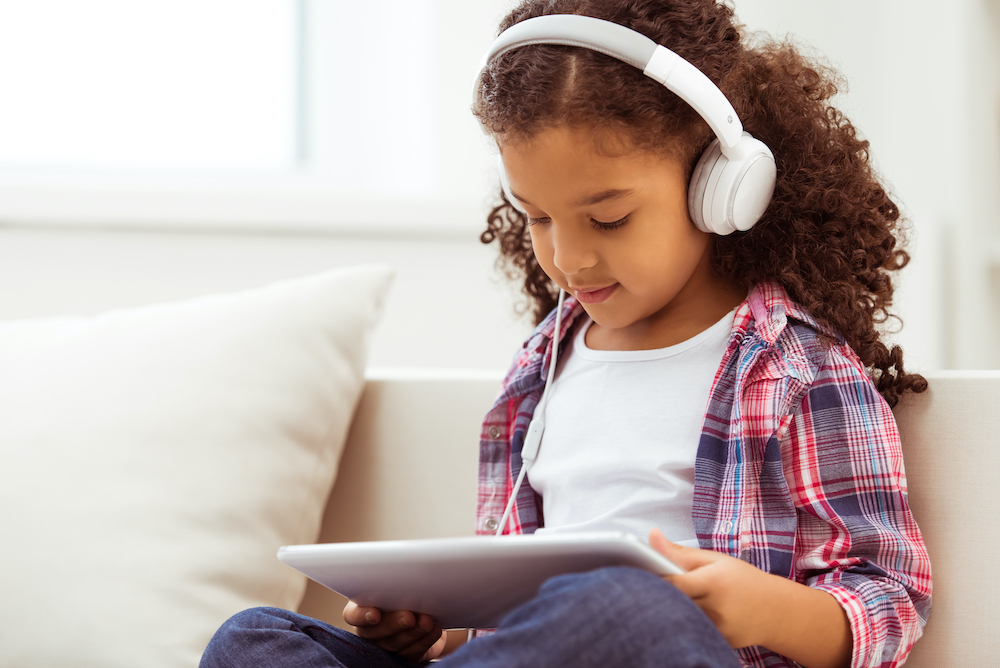Creative Parenting: How Music Affects Your Child’s Development
There are many good things associated with music. Adults turn to songs for memory recall. Artists listen to music to stimulate their creative thinking. Fitness enthusiasts rely on happy beats to move through their routines. But how exactly does music affect our kids?

Children and Music: An Overview
Music is often dubbed as humanity’s universal language. It speaks to people of all ages and races. With or without lyrics, it communicates feelings and thoughts. Accordingly, its positive effects extend to everyone. This makes music beneficial to all age groups, whether young or old.
Yet, if we were to weigh the potential of music according to age groups on a scale, we can also say that active exposure to music is even more promising to younger people. Specifically, this is because music plays a significant role in early childhood development. Sure, while there are many promises for adults, there are even more bountiful fruits for children to reap. These include enhanced language development and even academic success.
Below is a brief review of how music affects every aspect of a child’s life.
Cognitive effects
Are you familiar with the term “Mozart Effect”? This refers to the theory that listening to classical music helps improve people’s brain functioning. This is based on a study conducted in 1993 wherein scientists asked individuals to complete a set of mental tasks after listening to Mozart’s sonata K448 for 10 minutes. Surprisingly, The results showed improved spatial reasoning skills in the individuals who took the test.
Years later, the relationship between music and enhanced brain functioning continued to interest many scientists. In a more recent study, researchers in Southern California found that music education helps speed brain development. Children ages 6 to 7 were mainly provided with music training.
Researchers observed that their auditory systems matured faster as these kids learned to play musical instruments than other children. Since the auditory system processes sound, its quick maturation leads to enhanced language development and reading skills.
Aside from the linguistic aspect, other studies also found that music helps boost a person’s overall academic performance. Instrumental musical training, like piano and guitar lessons, was mainly related to children’s intellectual functioning. A 2006 study found that students who took music lessons showed improved IQ compared to their peers after one year of music training.
Social effects
Aside from cognitive abilities, music also helps boost a child’s social skills. Specifically, this is due to various reasons. The first is rooted in music’s natural ability to calm people and make them less anxious. As a result, this allows them more freedom to interact with other people.
The second is because music lessons and performances are often done in groups. They also require contact and cooperation with other people. In a 2012 study, infants who engaged in music activities for six months showed improved communicative gestures and social behaviors than other infants.
Music can also communicate shared experiences between people. This communal aspect of music is apparent in lullabies, national anthems, nursery rhymes, and Christmas jingles. This, in effect, facilitates feelings of empathy and even cultural understanding.
Emotional effects
Finally, music also offers positive emotional effects to children. Generally, this is due to its ability to regulate people’s moods. Various studies have already found that pleasurable music releases dopamine, the hormone responsible for feelings of pleasure and satisfaction.
Often, upbeat music is associated with positive emotions. This explains why we’ll likely feel energized when listening to bright, catchy songs. On the other hand, while sad songs are often associated with bad memories, they also can produce meditating effects.
Accordingly, when we expose our children to music, we explore their inner thoughts and emotions. This helps speed their emotional development. When they become adults, they will likely be more mature in managing their moods and reactions to situations.
What now?
As parents, we always want the best for our children. With what science has told us so far, it’s safe to put our bet on musical activities as possible hobbies for our kids. You can introduce music to your baby as early as you want to. Just make sure the sounds aren’t too loud. Singing them lullabies is a great way to start. Meanwhile, if you introduce your child to an instrument, you might want to wait until they reach age 5.
















